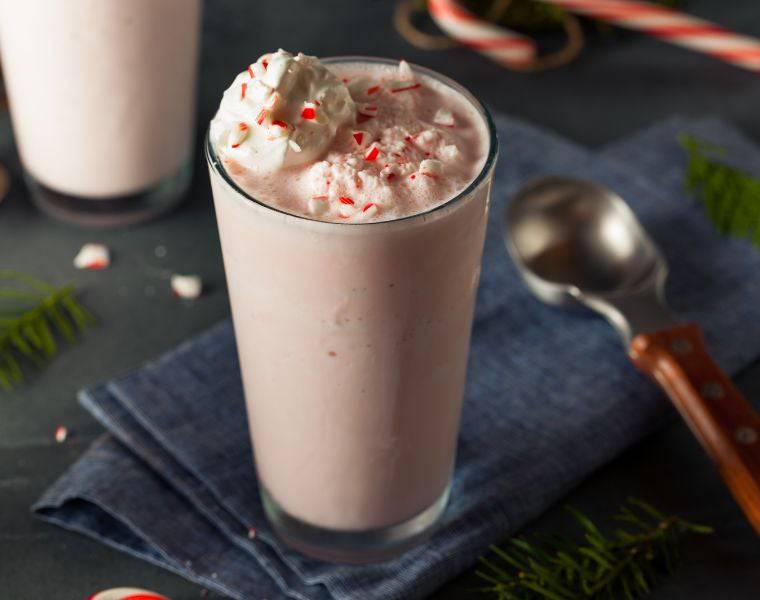How creatine contributes to weight gain
Hey legends, let’s set the record straight on how creatine influences the scale readings. To start, creatine isn’t a sneaky fat-promoting supplement—it’s more like your muscle’s trusty companion for performance and recovery. However, it can indeed result in weight gain. Here’s the twist: it’s mainly water weight, not fat.
When you begin taking creatine, your muscles absorb more water to store it more efficiently. This phenomenon, known as cellular hydration, can lead to an increase of 1 to 3 kilos in the initial week or two. So if your shorts are feeling a bit snug, it’s not your diet going haywire—it’s your muscles soaking up that vital hydration.
Aside from water retention, creatine also promotes enhanced training volume and recovery. This means you might be lifting heavier weights or getting in more repetitions. Over time, this can result in actual muscle growth—yep, genuine gains—not just water weight. And as you know, muscle weighs more than fat. So if you’re training hard and eating well, that weight gain is likely all about strength, not flab.
Don’t worry if the scale climbs a bit after you start creatine. It isn’t fat creeping in—it’s your muscles loading up and getting ready for peak performance. Think of it as your body preparing to elevate its game, not slipping off track.
- Initial weight gain = water retention in muscles
- Long-term gain = increase in muscle mass from improved training
- Fat gain? Not attributable to creatine, mate
So next time someone suggests creatine’s making you plump, you can tell them it’s just your muscles growing and keeping hydrated—like a classic Aussie summer arvo with a cold one in hand.
Common myths about creatine and fat gain
Alright, let’s debunk a few myths that’ve been hanging around the gym like a bad protein shake. First of all—no, creatine does not make you overweight. That old rumor’s been circulating for ages, and it’s high time we put it to rest. Creatine contains no calories and doesn’t magically cause your body to accumulate fat. Instead, it helps your muscles retain more water and exert more effort during workouts. If you’re adding fat, it’s more likely your diet’s off course—not creatine’s fault, mate.
Another popular myth? That bloated appearance some people attribute to creatine. The truth is, any swelling is generally just temporary water retention in your muscles—not under your skin. You’re not transforming into a water balloon. In fact, that extra hydration can actually make your muscles appear fuller and more defined. Not a terrible exchange, right?
Then there’s the notion that creatine’s only for guys trying to bulk up. Nope, not even close. Whether you’re in a cutting phase, maintaining, or going all-out, creatine can fit into your regimen. It’s about performance, not just gaining size. Women can benefit from it too—no, it won’t make you “manly” or add unwanted weight. It simply helps you train more effectively, recover quicker, and build lean muscle. That’s a victory for everyone.
“Creatine doesn’t lead to weight gain—it enhances your training. The rest is up to your diet and your program.”
- Myth: Creatine triggers fat gain — Busted. It contains no calories and has no impact on fat storage.
- Myth: Creatine causes bloating — Disproven. It’s muscle hydration, not water accumulation under the skin.
- Myth: Creatine’s only for bulking — Incorrect. It benefits all training objectives, even cutting.
So next time someone at the gym suggests creatine’s making them soft, gently direct them to the nearest mirror and remind them it’s probably the weekend pizza, not the powder.

